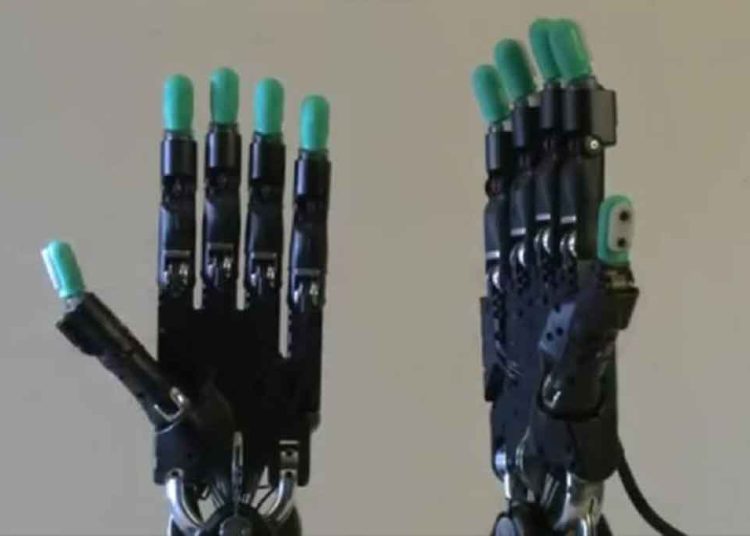Scientists from Santiago de Cuba tested robotic hands in that city for amputee patients, designed and created by them.
The prostheses, created by a team from the University of Oriente, were subjected to two pilot tests at the Juan Bruno Zayas Hospital in Santiago, the Agencia Cubana de Noticias (ACN) news agency reported.
These tests “made it possible to demonstrate the effectiveness of the robotic exoskeleton in the rehabilitation of upper limbs,” said the media, which cites Professor Roberto Sagaró, leader of the study.
According to Sagaró, this device for hand amputee patients has “electromyographic sensors to capture signals from the remaining muscles,” which “have the purpose of executing desired movements and facilitating precise grip.”
The expert specified that “the generalized results will be seen next year.”
In addition, he announced joint work between the Department of Mechanics of the higher house of studies in Santiago and the Federal University of Espíritu do Santo, in Brazil, to create an exoskeleton for lower limbs.
Meanwhile, Marcia Hernández, a specialist in the Physiotherapy ward at the Juan Bruno Zayas Hospital, told ACN that the use of robotic hands “speeds up the patient’s incorporation into daily work and recreational activities.”
Hernández confirmed the “encouraging results” of these and other equipment created by Santiago scientists in the recovery of patients and praised its high impact in reducing physical-motor conditions once its medical use becomes widespread.
Along with robotic prostheses for amputee patients, scientists at Santiago University have also created devices for the treatment of conditions such as Painful Shoulder Syndrome and Adhesive Capsulitis, official information pointed out.
Last October, the implantation of myoelectric prostheses in amputee patients by the Cuba-RDA Teaching Technical Orthopedics Laboratory was announced. These devices are manufactured by the German company Ottobock, one of the main suppliers of these products for Cuba.
The director of the laboratory, Luis Hernández, then pointed out that “they are high-performance prostheses, which will offer the patient a better quality of life and ideal comfort to carry out essential activities.”
Previously, in July, Cuban specialists announced the third stage of clinical trials for the national use of a partial hip prosthesis, designed and manufactured entirely on the island.










